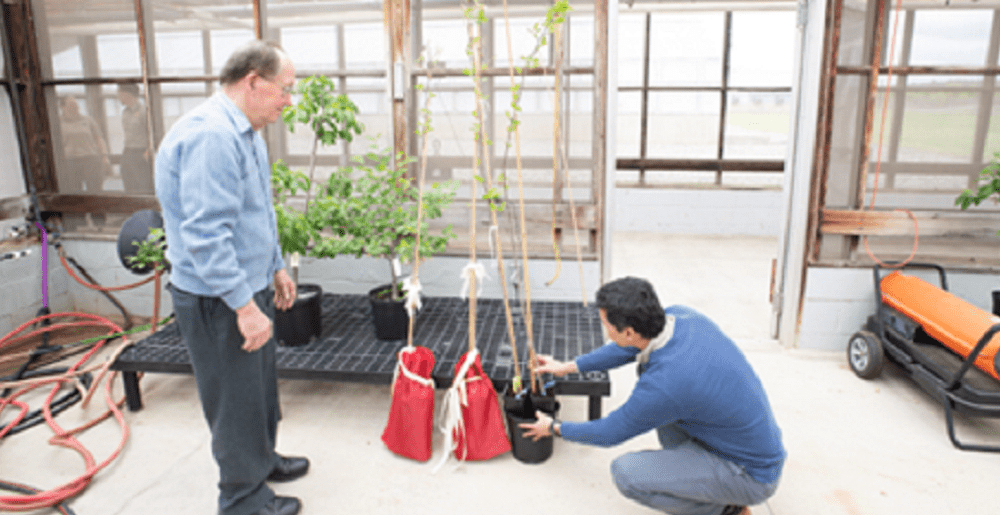APHIS in Action: APHIS Preserves Cherry Tree Tradition

In a symbolic gesture of friendship, Japan recently gifted the United States with two live cherry trees, representing a future gift of 250 trees. These trees have become beloved symbols in Washington, D.C., celebrated annually during the Cherry Blossom Festival. However, the journey of these trees from Japan to the United States is not without its challenges.
Over a century ago, the mayor of Tokyo sent the trees to beautify Washington, D.C. Unfortunately, the first batch of trees were infested with pests and diseases. This led to their immediate destruction. This incident underscored the need for plant health protection in the United States, leading to the passage of the Plant Quarantine Act in 1912.
Today, the USDA's Animal and Plant Health Inspection Service Plant Protection and Quarantine (PPQ) plays a crucial role in safeguarding against harmful plant pests and diseases. Despite the usual prohibition on importing cherry trees, PPQ issued a special Controlled Import Permit, allowing for the safe importation of the trees. Before the trees were placed on the plane, PPQ officials in Japan did their initial inspection and replanted the trees in sterile peat moss.

The trees were then transported to the inspection station in Beltsville, Maryland. This is where PPQ officials meticulously inspected both trees. Officials examined the trees using hand lenses to verify that there were no visible pests were present on the plant. They also removed soil and washed the root balls to further inspect the roots for any visible disease or pest damage.
Though the trees passed the initial inspection, they are not quite ready to be planted at the Tidal Basin. The trees will now undergo further monitoring and care at the National Plant Germplasm Quarantine Center for two years. This meticulous process ensures that the trees will be strong and healthy, as well as provide a resource for scientists. These trees can now be analyzed and potentially help scientists learn more about the trees and potentially create new breeds. APHIS greenhouses such as these provide an incredible level of protection from pests and is a low-cost way to ensure that pathogens don’t affect our natural resources.

PPQ's efforts to safeguard the capital's cherry trees not only honor a longstanding tradition but also emphasize the importance of plant quarantine and the crucial role that APHIS plays in protecting our natural resources from invasive pests and diseases. Check out the full album for the cool pictures of the inspection process here and the video version of this story here.
#
USDA is an equal opportunity provider, employer, and lender.

